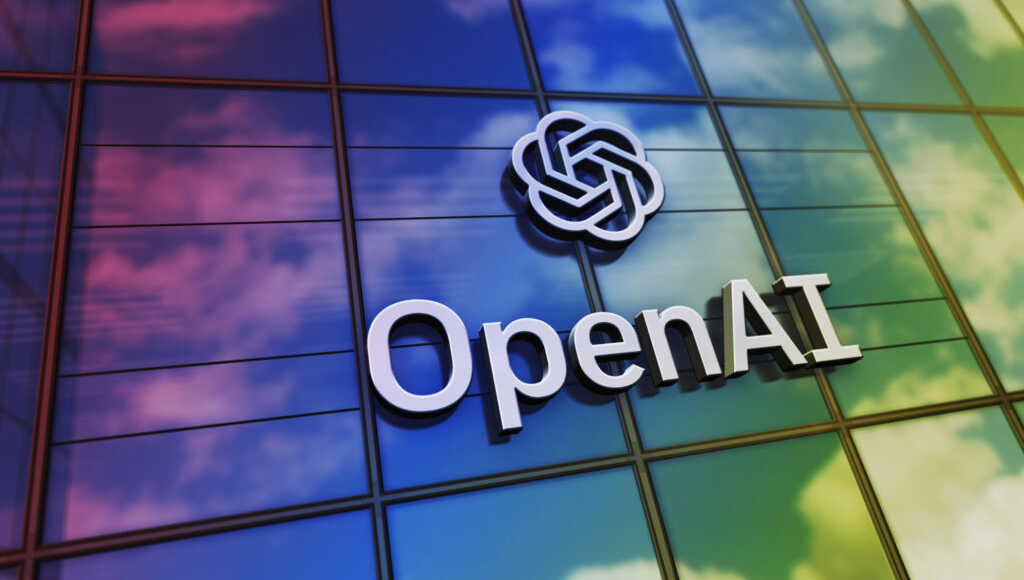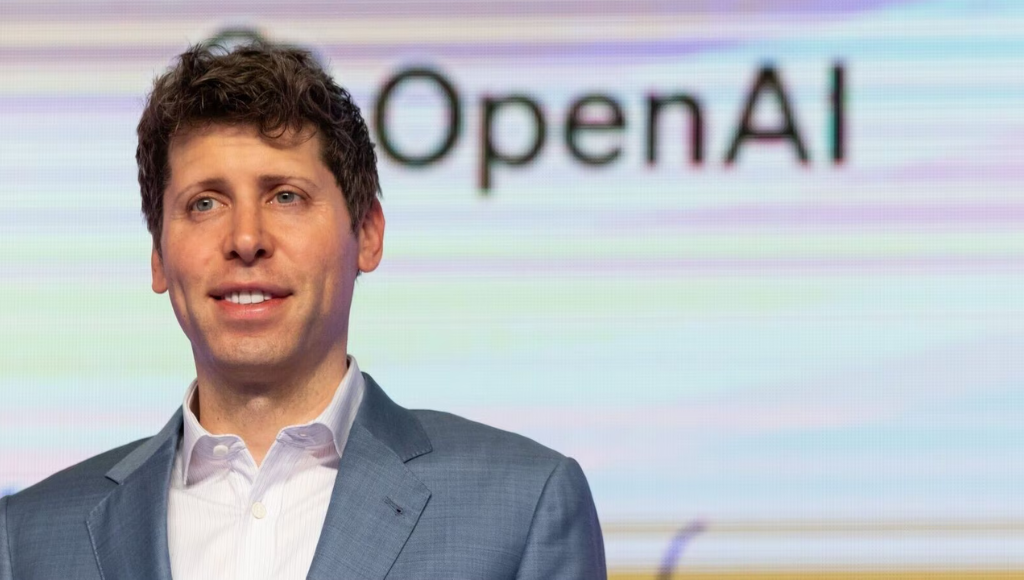OpenAI has taken a significant step toward transparency in AI-generated content by updating its ChatGPT app and DALL-E 3 model. The latest update introduces metadata tagging, allowing users to identify images created with AI tools. This move follows Meta’s announcement of a similar measure for its AI image generator, Imagine. In this blog post, we’ll explore the implications of OpenAI’s decision, the role of the Coalition for Content Provenance and Authenticity (C2PA), and how it compares to Meta’s approach.
Implementing C2PA Metadata:
OpenAI’s update includes metadata using C2PA specifications, enabling users to identify AI-generated images across platforms. This metadata will be available for images generated through ChatGPT and the API, enhancing transparency and accountability. While the change is already effective on the web, mobile ChatGPT users can expect implementation by February 12.
Understanding C2PA:
The Coalition for Content Provenance and Authenticity (C2PA) aims to combat disinformation by certifying the source and history of media content. By embedding metadata into AI image files, C2PA enables platforms to identify AI-generated content. OpenAI’s adoption of C2PA aligns with its commitment to address the spread of misinformation and disinformation.

Differentiating OpenAI’s Approach:
OpenAI’s integration of C2PA metadata distinguishes it from Meta’s labeling scheme. While C2PA provides electronic signatures within image files, it’s essential to note that metadata can be removed, impacting its reliability. Additionally, OpenAI acknowledges the limitations of metadata visibility, requiring users to access file descriptions to view the information.
Conclusion: OpenAI’s decision to integrate C2PA metadata represents a significant stride toward transparency in AI-generated content. By empowering users to identify AI-created images, the company promotes accountability and trust in digital platforms. While challenges remain regarding metadata removal and visibility, OpenAI remains committed to combating disinformation and ensuring the integrity of online content. As the digital landscape evolves, initiatives like C2PA will play a crucial role in shaping a safer and more transparent online environment.






